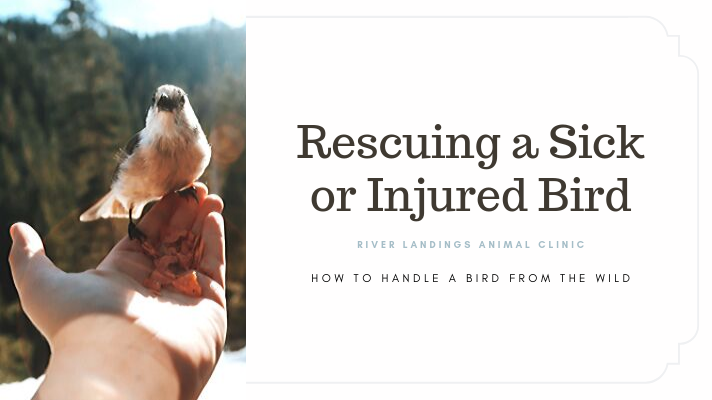You may encounter wild birds displaced by the latest bout of blistery, wet weather. As an overview, here are a quick list of temporary care instructions:
Temporary Care Instructions
Find a medium/large-sized box and place a folded towel at the bottom.
Ensure there are holes in the box big enough for airflow.
Place the bird in the box and keep in a dark, quiet place.
Keep the bird warm.
Please don’t feed the bird.
Leave the bird alone; don’t handle or bother it and always keep children and pets away.
Pelican & Bird Safety While Fishing
Catch fish, not pelicans! With just a little extra attention to your surroundings, you and your pelican friends can both have a great day out on the water.
Brown Pelicans are now the most commonly sighted bird on the coasts. Pelicans eat smaller fish that are not preferred by recreational fishermen and that are not commercially important. Pelicans are protected by both federal and state laws.
With their keen eyesight, brown pelicans will spot a fish from high in the air and dive-in. It’s their specialty, after all. After surfacing, they drain the water from their pouch and swallow their catch.
Entanglement in fishing gear may be their number one enemy, leading to a slow death from dehydration and starvation. Bony fish scraps are also a killer, tearing the pouch or lodging in the throat. Feeding pelicans draws them to fishing areas and puts them in danger. Shorebirds, storks, herons, terns, and gulls are also casualties. We can all help keep our pelican friends alive and healthy.
Casting near any bird only increases the chances of hooking one.
Birds focus on the injured fish in a school, which is your lure or baited fish. Pelicans dive for fish on the surface of the water or just below it. When fishing, never cast towards any bird.
Don’t feed the filleted boney carcasses to the birds, even if they are begging for them.
Pelicans and other fish-eating birds such as herons and egrets easily digest the bones of small fish, but can be severely injured by the stronger, sharp bones of the bigger fish you have caught. Carcass bones may puncture the pouch, throat, or intestines, leading to infection and a slow, painful death.
Don’t feed your extra bait fish to the birds.
Feeding attracts birds to fishing areas, where they are more likely to become hooked. It is also illegal to feed wildlife in all state parks.
Always discard your old or tangled fishing line in recycling bins or covered trash cans.
Birds and other wildlife become entangled leading to entrapment, strangulation, starvation, loss of limb, or subject to easy predation.
Lead or zinc weighted jigs, lures, and tackle are deadly toxic.
Instead, opt for stainless steel, tin, tungsten, copper, pewter, or brass, porcelain, or stone fishing gear.
Hear From Us Again
Don't forget to subscribe to our email newsletter for more recipes, articles, and clinic updates delivered to your inbox (here). Or, you can keep up to date by liking and following our Facebook page (here).
Related: We have more information under our small animal care & avian resources categories.

